Keeping Warm: Reflections on Katherine May’s Wintering
Photograph by Vesna Curlic.
How do we weather hard times? How do we prepare ourselves for the inevitable, emotional, lonely winter periods in our lives?
Wintering by Katherine May, photographed by Vesna Curlic.
These are the questions at the heart of Wintering: The power of rest and retreat in difficult times. Part memoir, part self-help book, Katherine May takes the reader through a period of her life where she was forced to “winter” – a period of reckoning with the difficulties of life by retreating from her busy life.
The book opens with a series of common yet life-shattering moments in May’s life, just after she turns forty. This new decade in her life is harkened first by her partner suffering a near-death experience and then by the discovery that she herself is suffering from bowel cancer. Her illness forces her to take time off from her busy job as a university lecturer to stay home and for the first time in many years, truly rest. We follow May as she attempts to learn the art of “wintering” – the art of weathering lean times, of turning inward, of reconceptualising and normalising sadness. She leans on literature, on the natural world, and on the practises of cultures that excel at wintertime (namely, the Scandinavians) to find a framework for her forced retreat from public life.
As May explains, wintering can be brought on by the challenging moments in life — the aftermath of a personal failure, a season of bereavement, a spell of ill health. These moments of darkness are extremely common, but profoundly suppressed in contemporary life, she posits. Because of this cultural suppression of sadness, the book suggests we need to be intentional about preparing for and weathering these stormy times in our lives. And perhaps, if we can reconceptualise our relationship with sadness, we might find that the biting cold and loneliness of winter can be a transformative, deeply insightful experience.
Many parts of Wintering felt like a balm to my anxious soul. At the Attic, we talk a lot about rest, recovery, and comfort, and so I suspect that regular readers of the Attic will enjoy the restorative nature of the book. I absolutely adored what May had to say about our cultural inability to embrace sadness. May reflects on the ways we’re taught to hide our negative emotions, which in turn makes it feel like we’re the only ones who have ever gone through these types of sad, anxious periods in our life. She considers how “we like to imagine that it’s possible for life to be one eternal summer and that we have uniquely failed to achieve that for ourselves,” and how that is a deeply flawed cultural myth. I found the idea of radically accepting that our lives inevitably have hard seasons as well as happy seasons deeply comforting. I also found a lot of value in the idea that we can’t avoid challenges, but we can prepare ourselves for those periods.
Photograph by Vesna Curlic.
Many of the techniques May explores to help equip her for her winter are familiar in our current cultural moment. I think many who took up baking or knitting or embroidery in the pandemic will enjoy the parts where May discussed the cathartic pleasure of labouring over tangible and imperfect stuff, simply to feel like you’re contributing to the world in some small way. Her discussions about the natural world, and humans’ part in it, were also well done. Her reflections on the wintertime habits of bees or dormice reminded me that humans are unique in our avoidance for winter – other animals have much more successfully figured out how to weather lean times.
All this being said, May is writing from a deeply privileged social position. She is able to fully retreat from public life largely because she has the financial ability to quit her stable job in academia, which is an unattainable dream to many on multiple levels. Though she mentions financial worries in passing, the reader doesn’t really get the sense that it’s a major barrier for her. In some ways, I think this omission is intentional — May mostly leaves her particular anxieties and challenges out of the narrative to allow the reader to fill in their own. However, this unacknowledged privilege makes “wintering” seem unattainable for the vast majority of the population.
If you can stomach this privileged aspect, I think there is still a lot of beauty and enjoyment to be found in Wintering and much of the advice can be openly interpreted. Her words about accepting sadness or turning inward or resting could be applicable even without quitting your job and going to a hot spring in Iceland. At the very least, there is something very indulgent and peaceful in reading about May’s cosy seaside cottage, her wintertime swims, and her reflective rural walks. Ultimately, the value in this book for me comes in the form of a reminder that there is a place for rest and comfort in everyone’s lives, despite all the busy cultural messaging to the contrary.
Wintering by Katherine May, photographed by Vesna Curlic.
Vesna Curlic is a PhD student, studying medicine and disease in the nineteenth century. Her interests include mystery novels, dinner parties, and everyday luxury.



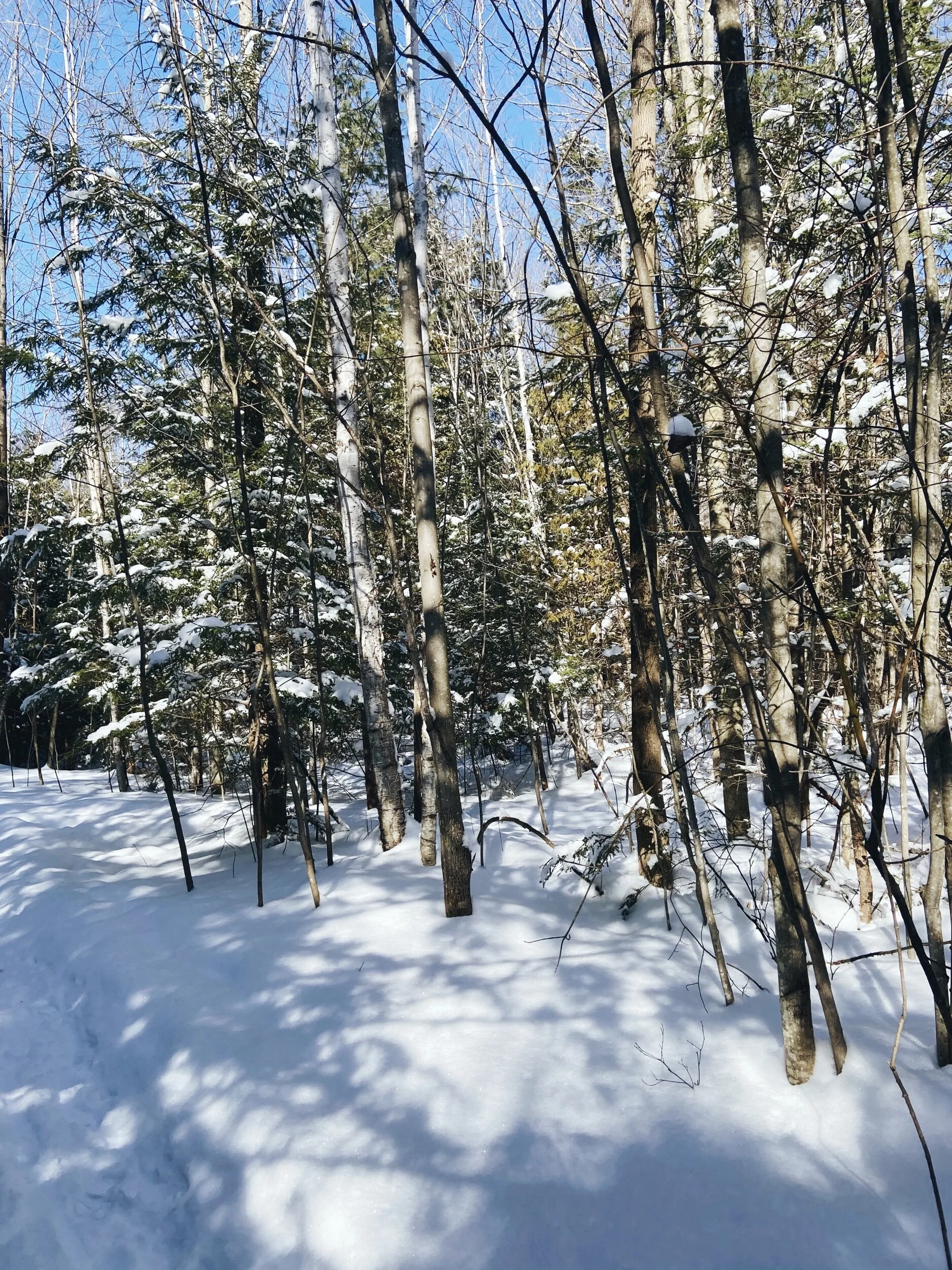








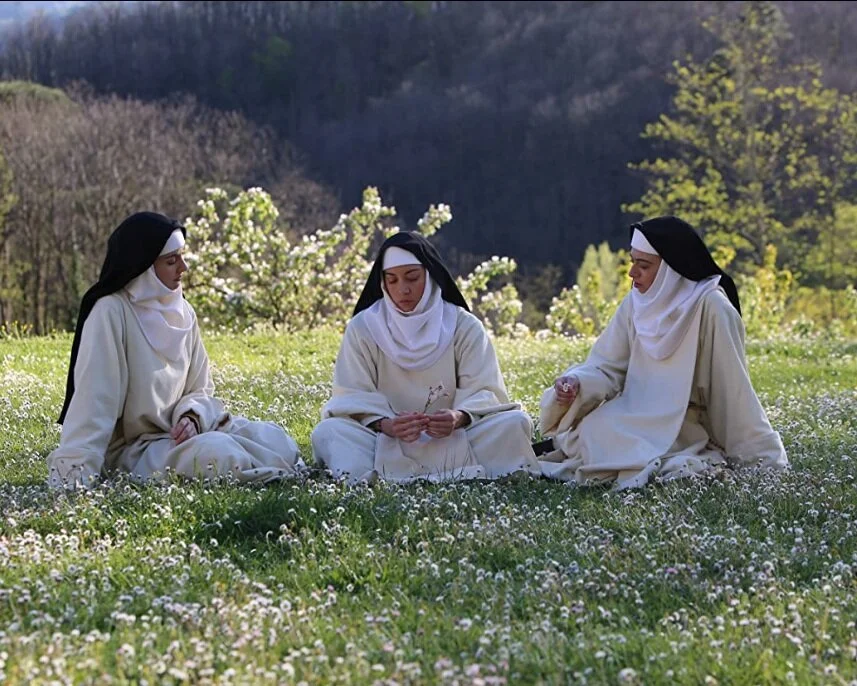
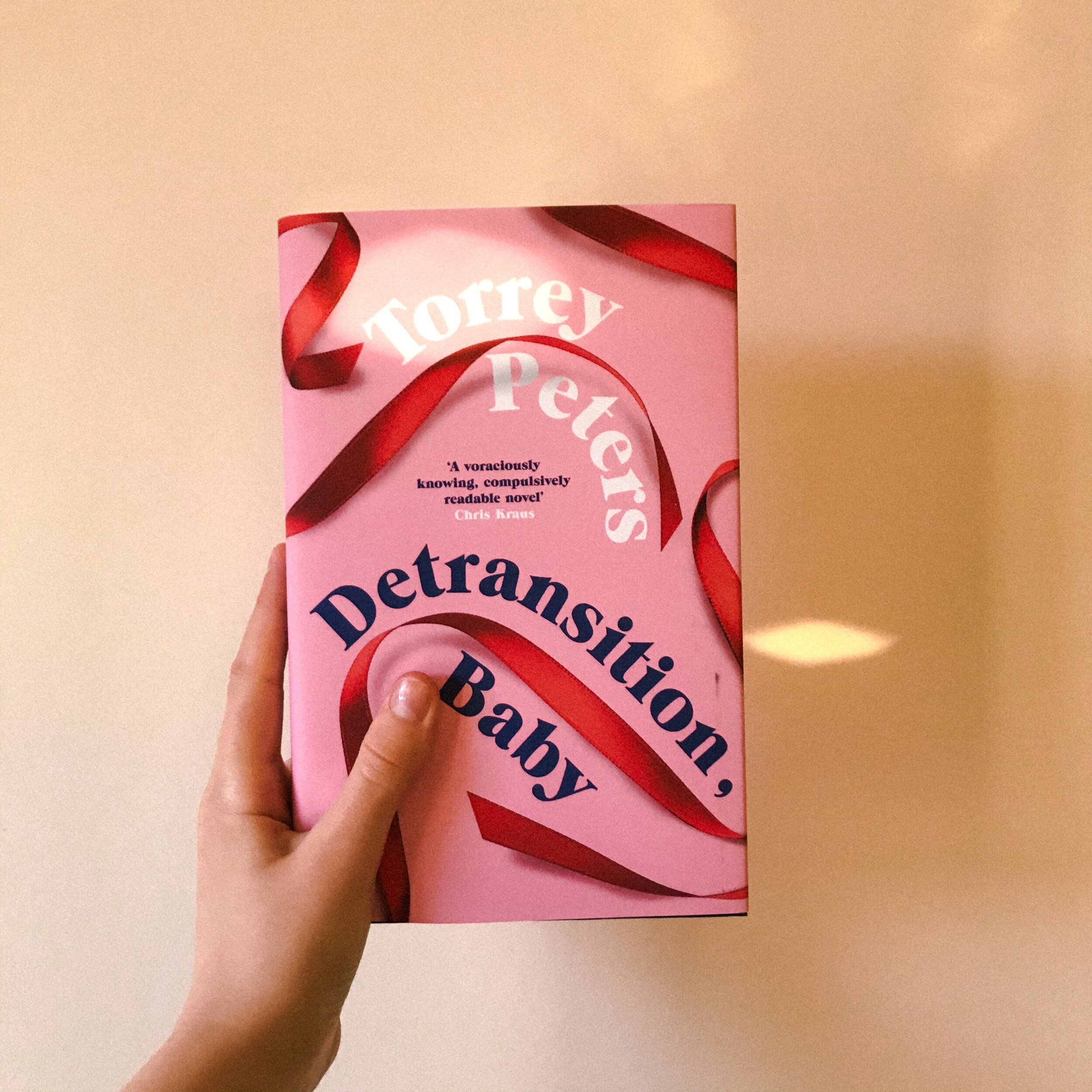
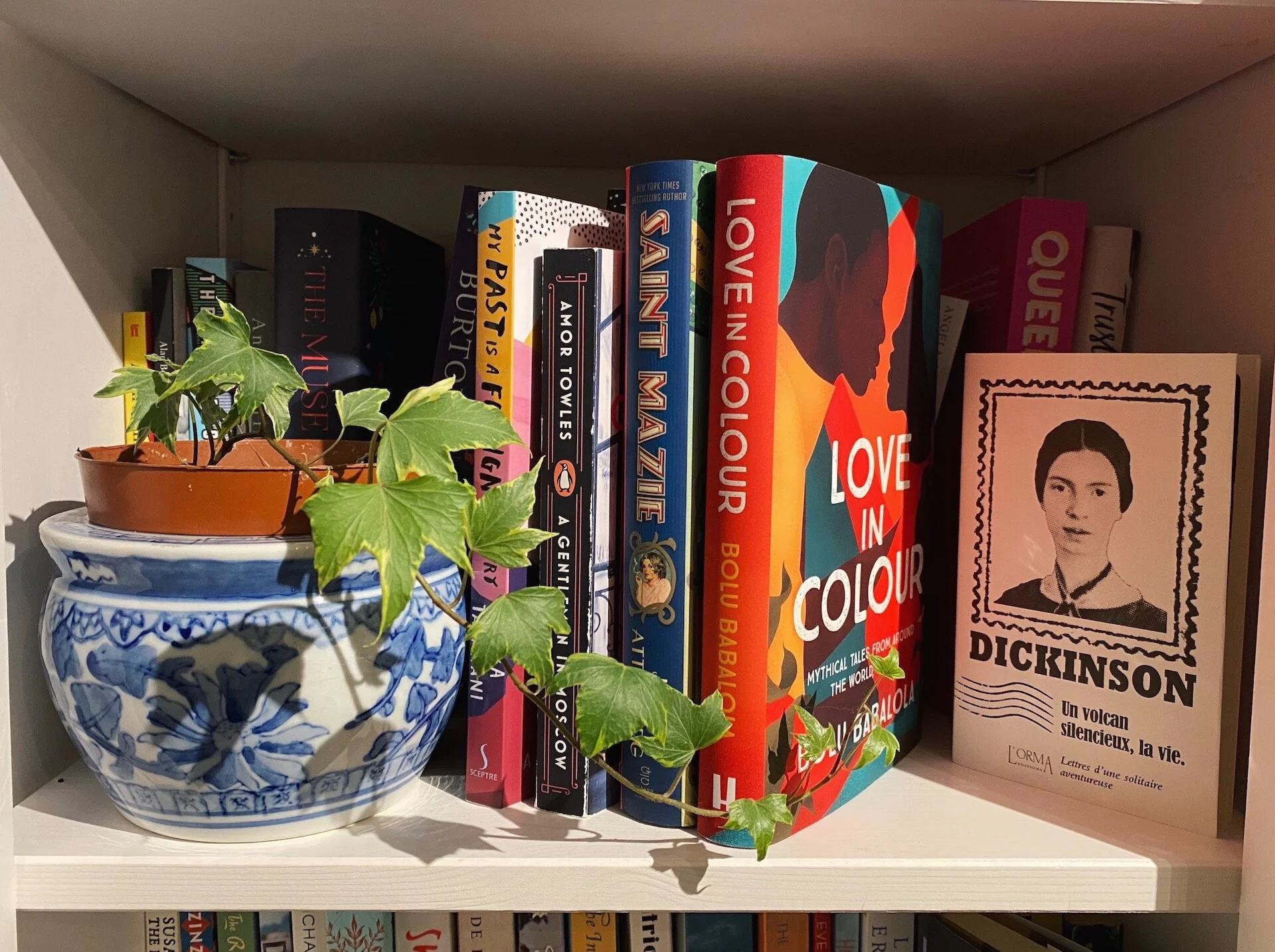
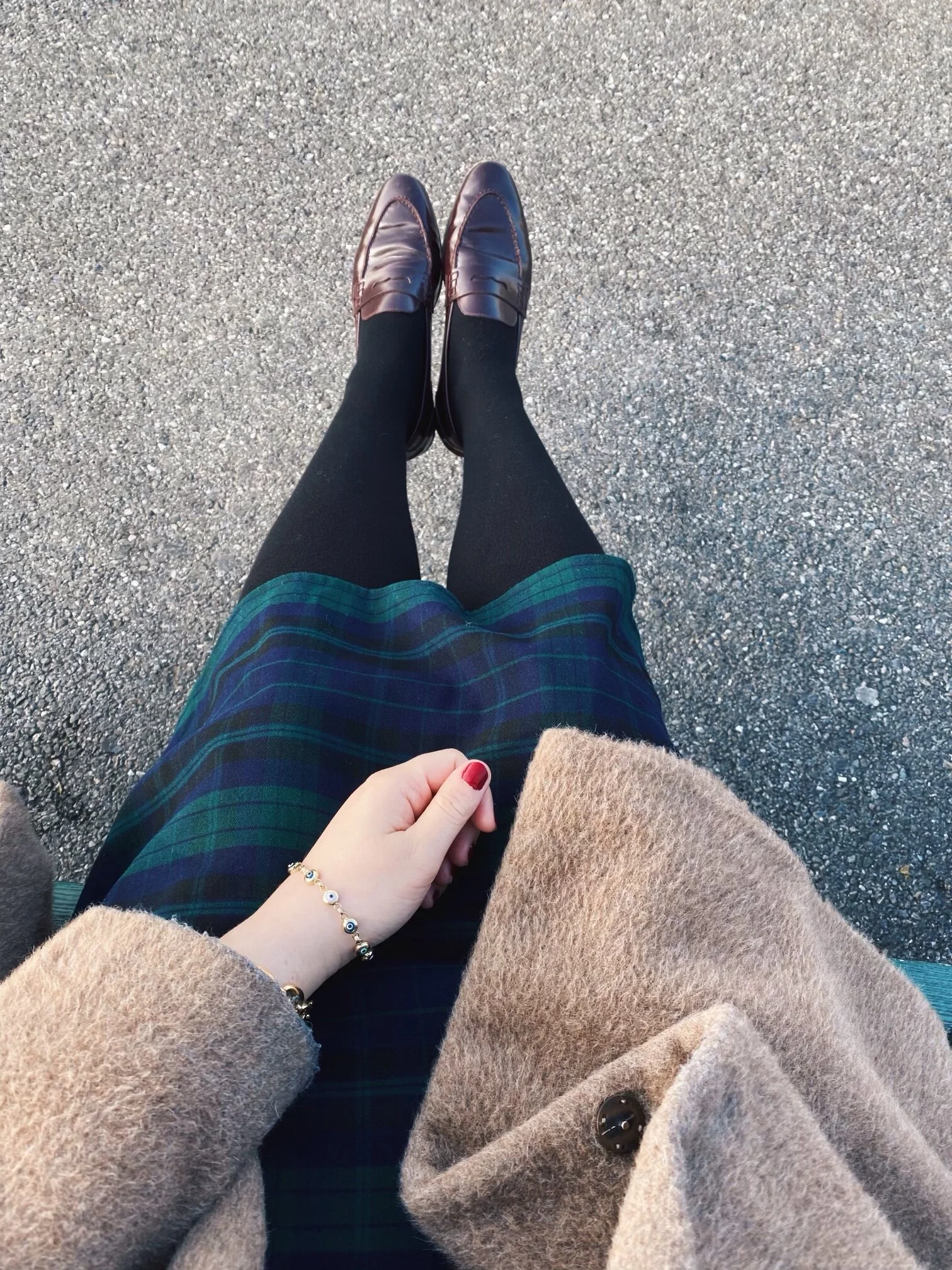
In a personal essay, Elizabeth Slabaugh visits the disappointments and realization of tempered dreams around traveling to Oxford after not being able to spend a semester at the university due to chronic illness.